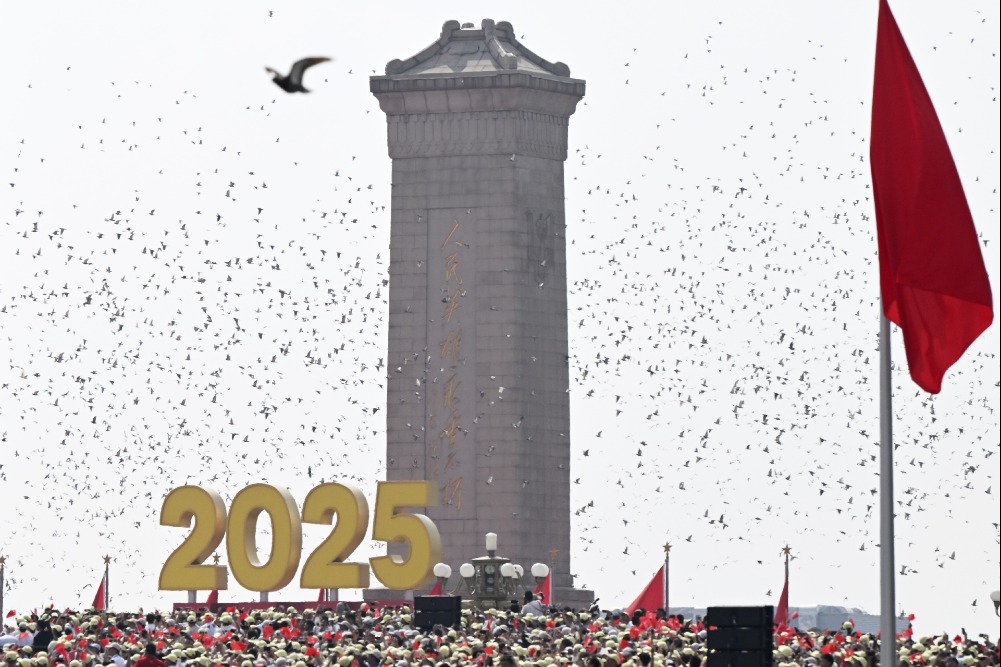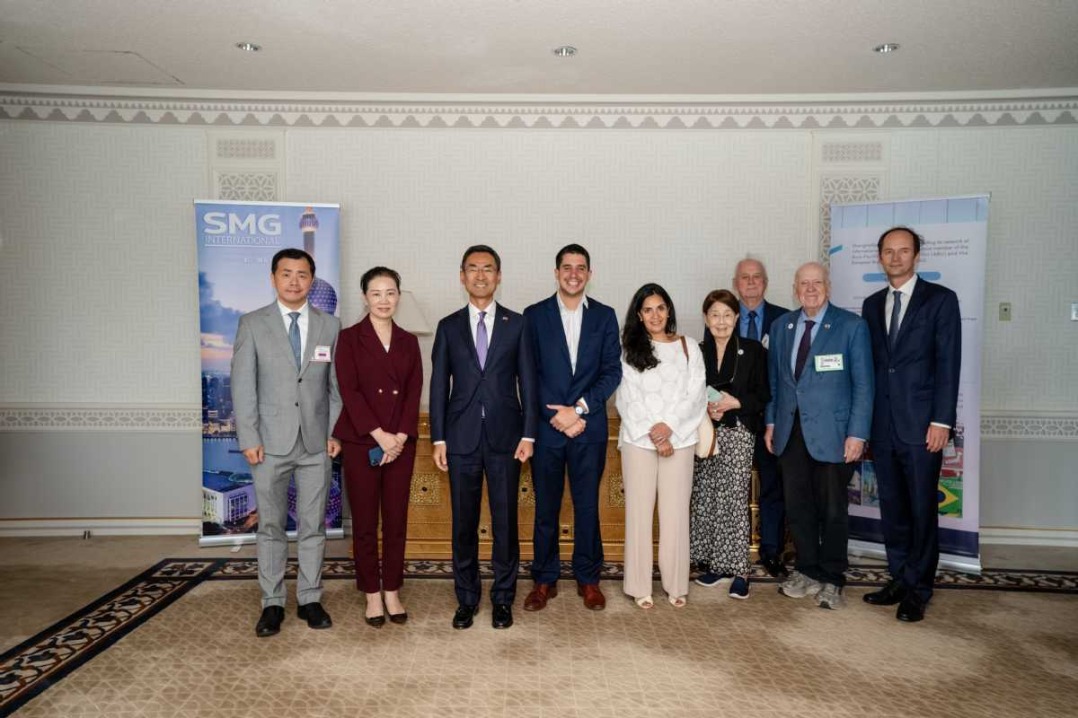EU advances trade agreements with Mercosur, Mexico

BRUSSELS - The European Commission on Wednesday proposed moving forward with two major trade agreements for approval, aimed at expanding the European Union's global trade network to offset US tariffs and strengthening its presence in Latin America.
The EU-Mercosur Partnership Agreement (EMPA) and the EU-Mexico Modernized Global Agreement (MGA) are intended to diversify trade relations, reduce tariffs, and create new opportunities for European businesses, the commission said in a statement.
"EU businesses and the EU agrifood sector will immediately benefit from lower tariffs and costs, contributing to economic growth and job creation," European Commission President Ursula von der Leyen said.
According to commission estimates, the EMPA could increase EU annual exports to Mercosur by up to 39 percent, or about 49 billion euros (about 57 billion US dollars), supporting more than 440,000 jobs across Europe. The deal would reduce tariffs on key industrial and agricultural products, including cars, machinery, pharmaceuticals, wine, spirits, chocolate, and olive oil.
The agreements require approval by the European Parliament and EU member states before they can enter into force. EU trade commissioner Maros Sefcovic told a press conference the commission hoped to complete the approval process by the end of the year.
Sefcovic described the agreements as "strategic cornerstones" that would enhance the competitiveness of EU companies and provide a first-mover advantage in Latin America.
The proposals have drawn strong criticism from European farmers, who argue that the Mercosur agreement threatens agricultural sustainability and undermines the EU's green and food safety standards.
Farm Europe President Yves Madre said the agreement remained "unchanged in substance, particularly in its agricultural chapter," while COPA-COGECA, the European farmers' union, called it "economically and politically damaging" for farmers, rural communities, and consumers.
Farmers have staged protests in several European cities in recent years to oppose the pact.
European Commissioner for Agriculture and Food Christophe Hansen said the agreement would safeguard EU farmers' interests by limiting imports and phasing in quotas for sensitive products over several years. He also noted that safeguard clauses would be available in case of market disturbances.

































